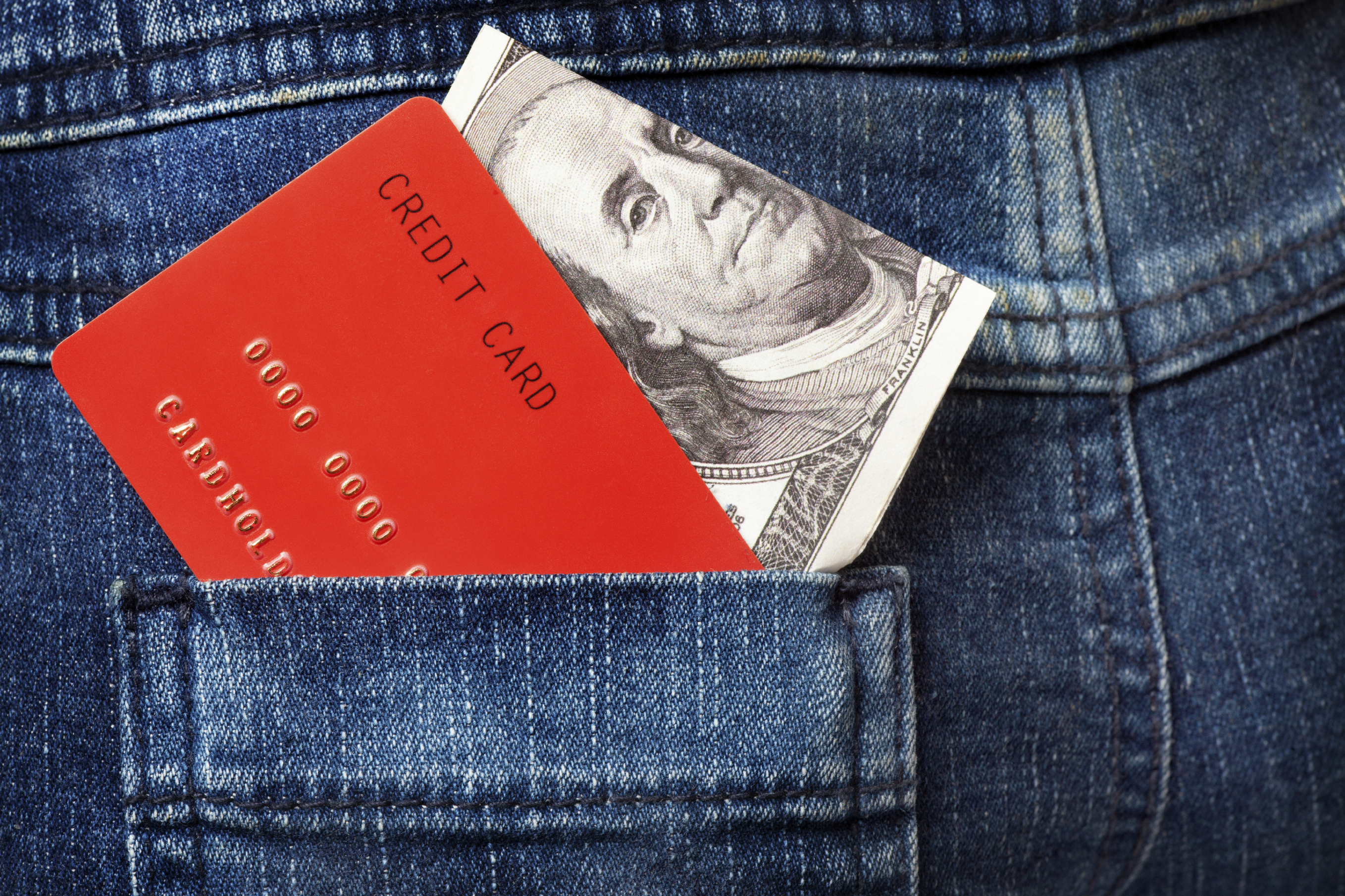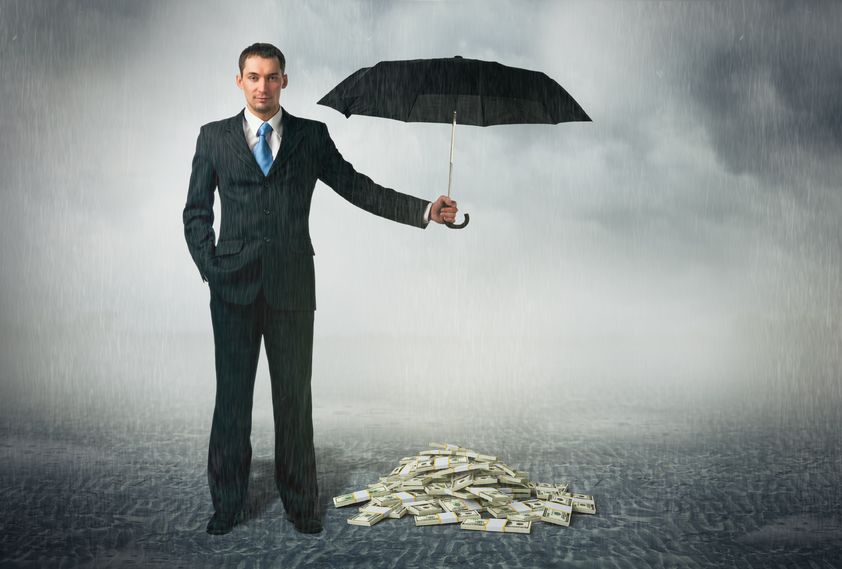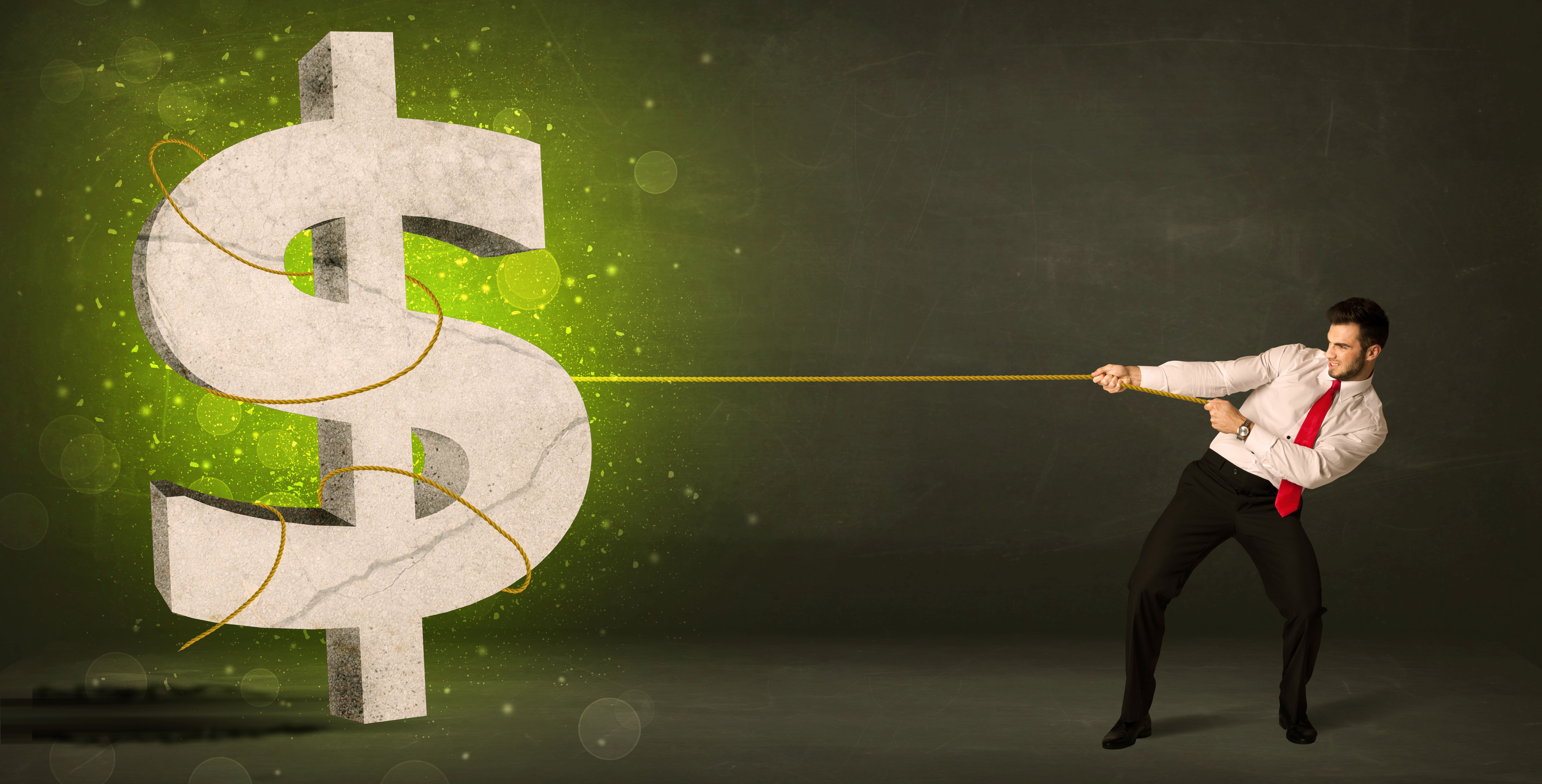Is a recession coming? Some economists are reading the signs – trade wars with China, a looming Brexit, a slowdown in economic growth – and not liking what they see.
Our last recession, the Great Recession, was the worst since the Great Depression. It lasted roughly from 2007 to 2009, and during that time, unemployment grew from 5% to 9.5%; wage growth slowed to 1.3%, and GDP fell by over $650 billion.
In some areas, the housing market still hasn’t recovered.
No one can say when or if another recession is coming and most economists say that if a recession does arrive, it most likely won’t be until the end of 2020 or sometime in 2021.
That gives us all some time to prepare, hopefully.So here are a few things you can do to recession-proof your life.

Get more aggressive about paying down your debt. The less debt you have going into the recession, the better you’ll be able to weather tough times.
There are a number of strategies you can take to pay down debt faster; two of the most popular are the Avalanche and Snowball methods.
With the Snowball method, you take a look at all your loans – credit card debt, student loans, car loan, mortgage – and start making aggressive payments toward your smallest loan, all while making minimum payments toward your other loans. Once that’s gone, shift your focus to your next-smallest loan and so on, until you’re debt free.
This works because you get a few quick wins early on. That feeling of success will keep you motivated as you start tackling your bigger loans.
The Avalanche method is similar, but instead of tackling your smallest loan first, you pay off the one with the highest interest first. This will save you money in the long term but you may not get the quick successes of the Snowball method, unless your smallest and highest-interest loans are the same.
There’s no right way here, just the way that works best for you.

Start a retirement plan. It might seem counterintuitive to start investing money ahead of a recession. But believe it or not, recessions are a normal part of the economic cycle and to build your retirement, you have to take the long view.
If you’re like many Americans, you may not have anything saved for retirement and if you do, it’s probably not enough. Sit down with a financial advisor, talk to friends and family to see who they recommend, or take your employer up on their retirement-matching offer.
Stock markets may drop during a recession, but they’ll eventually recover—and your account will rebound. And the sooner you get started on this, the longer you have to build up your savings.

Build up an emergency fund. Speaking of savings. In a recession, job growth slows and layoffs are common. It pays to be prepared.
Some financial experts might tell you to have half a year’s savings in your bank account to prepare for emergencies. But at the same time, most Americans don’t have enough in the bank to cover a $1,000 emergency expense.
Having even that much saved can give you peace of mind if the worst happens and you lose your job in a recession.
If we have maybe fourteen months until the next recession, you have some time. Start saving now and you’ll thank yourself later.

Dust off and update your resume. Speaking of losing your job. When was the last time you updated your resume? Now may be a good time to update it.
Take stock of what you’ve done at your current job. What successes have you had? What projects have you led? What were the results? The strongest resumes feature concrete results, ideally tied to a number like money saved or earned, or some other metric.
If you have the money, it can be worth it to invest in a professional resume writer. The stronger your resume is now, the better positioned you’ll be to start looking for a new job if your current one dries up.
Build your network. There are other things you can do to strengthen your position if a recession hits as well. Keep in touch with colleagues in your industry, open a LinkedIn account if you don’t have one already, and keep building your contacts.
If a recession hits and you do lose your job, having a wide network of industry contacts can help you land on your feet.

Do a financial audit. Where does your money go every month? Take stock of the things you spend money on like your monthly subscriptions, your food and entertainment expenditures, your shopping habits, your grocery spending. And, of course, big items like food, rent, car payments, and insurance.
Once you know where your money is going, you can figure out what’s optional and what can be cut.
Slashing small spending habits like your daily Starbucks latte can be helpful, but don’t hesitate to consider larger expenditures too like your car insurance or student loans. It’s possible that refinancing or going with another carrier could save you money.

Consider a side gig. So many of these measures, building an emergency fund, starting a retirement account, reducing your debt, require extra cash.
Now would be a great time to consider a side gig that could help you accomplish those goals—and keep an income stream coming in if the worst happens and you lose your job during a recession.
Which side gig is right for you depends on your skills and interests. Like pets? Consider pet-sitting on Rover. Are you good with home repairs? Maybe try Handy. Have an extra room in your house or apartment? You could rent it out on Airbnb.
Side-gig apps may not be for everyone. Depending on your skills, you could skip them entirely and set up a full-on freelance side business. The key to a good side gig is a flexible schedule and enough pay to make your efforts worth it.
No one can say for sure if a recession is coming. But the sooner you prepare, the less devastating it will be for you. If you can, pick up a side gig that’s flexible and lets you have some control over your schedule. Take an audit of your finances to see where you can save.
Use the extra cash to save up a cushion, aggressively paying down your debt, and starting a retirement account, if you don’t have one already. And prepare for potential job loss by updating your resume and strengthening your professional network. With these preparations, you should be able to land on your feet.
We Can Help You Prepare for Tomorrow, Today
Want to get your financials in order ahead of a recession? If so, get in touch to schedule your free consultation now.
- Preparing Your Tax Documents - February 1, 2024
- Making of a Successful Team Environment - December 31, 2023
- Got a Mistake on Your Tax Returns? - September 3, 2023

